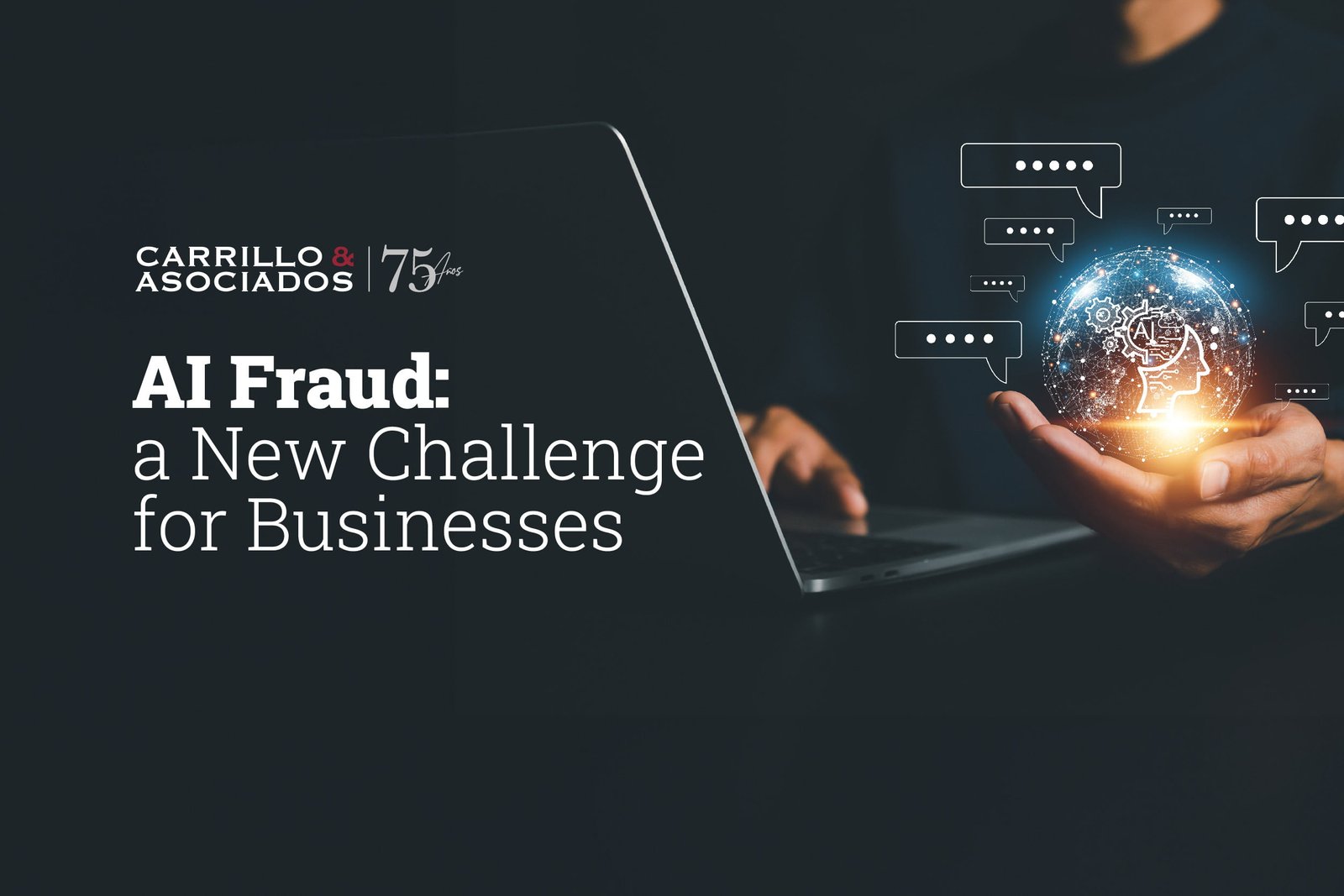
Welcome to #FreshStartMonday!
Gary Schildhorn was driving his car when he received an urgent call from his son. He said that he had been in an car crash, had injured a pregnant woman, and needed money to post bail or he would go to jail. His son asked him to call the prosecutor in charge of the case, who would give him instructions on how to make the payment. Mr. Schildhorn complied, and the prosecutor instructed him to pay USD$9,000 at a Bitcoin kiosk.
This set off alarm bells for Mr. Schildhorn so he decided to talk to his daughter-in-law before making the deposit. She was surprised and assured him that it was not true. Thanks to that call, Mr. Schildhorn avoided being scammed by artificial intelligence (AI). According to research, the scammers used a recording of his son's voice, and with the help of the AI, were able to develop a conversation to try to scam him. This could happen to anyone.
While AI can be used for productive activities such as recruitment, finance, market analysis, among others, it is simultaneously being used for fraudulent activities. This activity is mainly committed by creating fake identities and documents, conducting large-scale phishing scams and even cloning voices to redirect bank funds, as happened to Mr. Schildhorn.
In the United States, it is estimated that approximately USD$8.8 billion is lost annually due to investment scams and imposters. These illicit endeavors have been enhanced by the development of AI, which has enabled them to defraud with relative ease because of how convincing their false identities and the language they use appear to be.
Audiovisual content has also been generated to extort money from people. AI allows them to create fake interactions between people and/or machines, which they then use to extract funds from victims.
In March 2023, tech leaders such as Elon Musk, Steve Wozniak, Yuval Noah Harari, among others, called on labs developing AI-based solutions to pause for at least six months the training of AI systems more powerful than GPT-4. They posed the question: should we risk losing control of our civilization?
To date, U.S. lawmakers continue in their efforts to regulate the productive uses of AI.
Guatemalan Context
Currently, Guatemalan criminal legislation contemplates some offenses related to the alteration, destruction, and misuse of computer records. Judicial precedents have not yet been developed in relation to the application of artificial intelligence derived from these figures. At the pace that technology is developing, legislators have not been able to agree on new specific proposals on cybercrimes that refer to these modern trends, addressing their risks, prevention, and regulation.
Beyond the Guatemalan regulatory framework, this situation is complex considering the limitations of the justice system. Problems arising from AI cybercrimes in Guatemala will face challenges to be solved in the local context.

*Image generated in gencraft.
Private Solutions
Fortunately, there are some solutions to combat these recent phenomena. The key is AI itself. New software has emerged that use AI to detect scam attempts and prevent cybercrimes. These are useful for recognizing patterns and threats in real time. Their major limitation is that these programs can fail, as it may consider something fraudulent that is not, as well as failing to detect a real scam attempt.
Although tools have been developed with AI applications for fraud prevention, there are some recommendations that every company could implement outside of these, such as:
- Develop an internal policy for the use of AI.
- Socialize ethical considerations on responsible practices in the use of AI.
- Strengthen cybersecurity and data protection measures, such as review and implementation of keys and passwords with authentication factors, as well as constant software updates.
- Invest in fraud prevention and detection systems and mechanisms.
Additionally, we have identified best practices to implement at the personal level:
- Constantly review and strengthen access to your accounts with personal information with extra security methods.
- Be cautious with personal information posted on social networks, as it can be used by fraudsters.
- Agree on validation methods with the people with whom you most discuss sensitive topics to be sure that you are conversing with them.
Technology advances at exponential rates, so it is always important to be aware of these potential threats to prevent them. If you have any questions in this area, do not hesitate to contact us.
